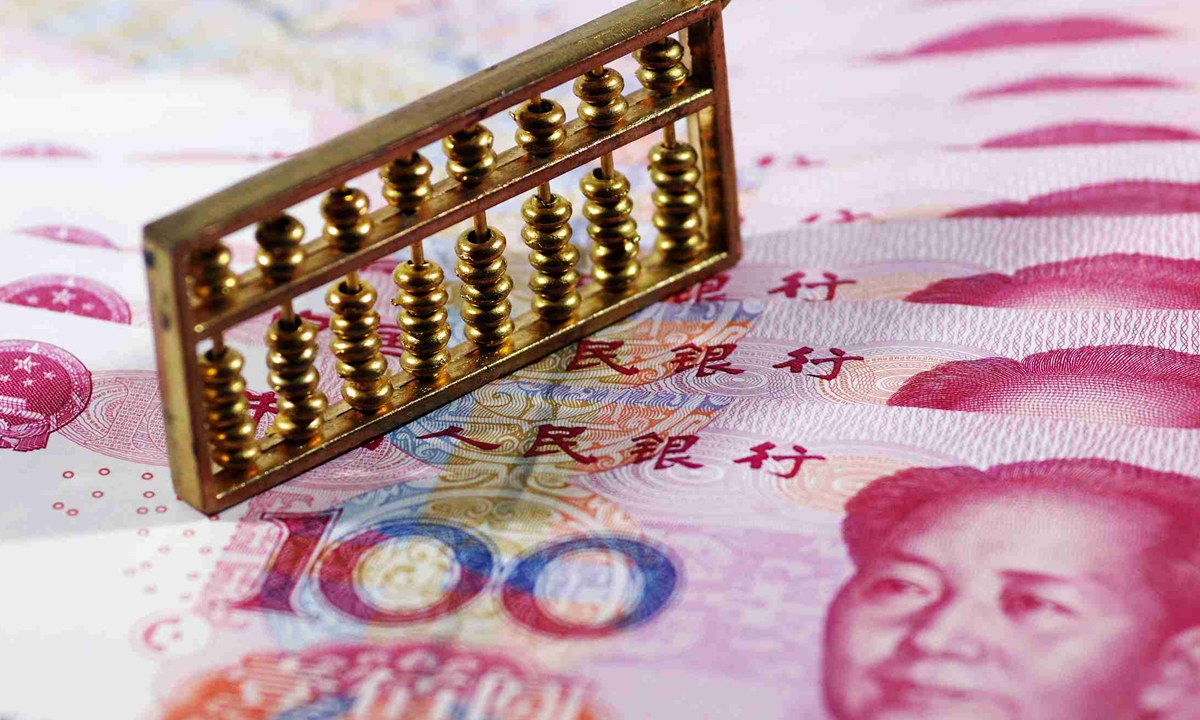China to prioritize currency deal with ASEAN that could sidestep US dollar
Source: Global Times Published: 2020/9/9 23:16:26

File photo:VCG
China could give priority to expanding the scale of currency swaps with the Association of Southeast Asian Nations (ASEAN), Chinese State Councilor and Foreign Minister Wang Yi told his counterparts from the bloc on Wednesday, a move that could sidestep the US dollar and other foreign currencies in bilateral trade.
The move was just part of a slew of efforts to boost regional cooperation in a wide range of areas from trade to the digital economy to civil aviation that were purposed during the video conference between Wang and the foreign ministers from the ten ASEAN countries on Wednesday.
"China is willing to give priority to expanding the scale of domestic currency swaps with ASEAN countries," Wang said in his remarks to the conference, calling for a "full force" push in the recovery of the regional economy from the COVID-19 pandemic.
Countries often sign currency swap agreements to gain access to each other's currency for bilateral trade without the need to purchase it on the foreign exchange market, where the US dollar wields dominant influence. Such deals are also considered a move to cut reliance on the US dollar in trade.
Amid worries over a potential financial crisis, China, ASEAN, Japan and South Korea were already considering adding the Chinese yuan and the Japanese yen to a multilateral currency swap deal, in a move to alleviate reliance on the dollar, the Nikkei Asian Review reported in May 2019.
It was unclear whether Wang's comment was related to those reported considerations back in 2019, but experts have said that as the US economy continues to grapple with a slew of challenges from the COVID-19 to persistent social unrest, many economies are worried about the dollar's strength. US President Donald Trump's trade wars also have many countries worried that over-reliance on the dollar could put their own economies at risk, experts noted.
Wang's remarks over the currency swaps also come as China and ASEAN are looking to further boost their trade and economic cooperation, following their success in reining in the outbreak of the coronavirus.
At the meeting, Wang said China was also willing to further expand the scope of "fast-track lanes" that have been opened for essential travel and then gradually increase the number of commercial flights between the two sides, according to a statement issued by the Chinese Foreign Ministry.
China also called for cooperation in pushing for the signing of the Regional Comprehensive Economic Partnership (RCEP) by the year's end and in strengthening data security protection and policy coordination.
On Tuesday, Wang made the proposal titled Global Initiative on Data Security, in a move to set up global data security framework and address global data security issues.
The ASEAN foreign ministers said that ASEAN was willing to continue to deepen cooperation with China over free trade, sustainable development, digital economy and innovation, according to Chinese Foreign Ministry's statement on Wednesday.
In the first eight months of the year, ASEAN has emerged as China's biggest trading partner, with bilateral trade volume reaching 2.93 trillion yuan ($428.8 billion), up 7 percent year-on-year, surpassing that of trade between China and the EU, Chinese customs data showed earlier this week.
Posted in: ECONOMY